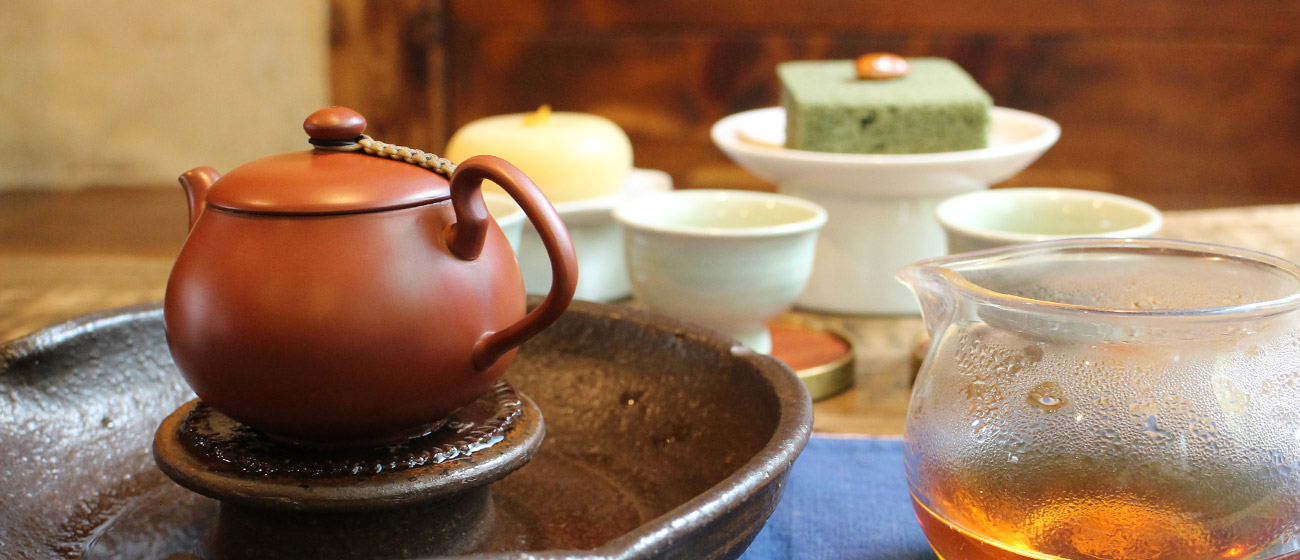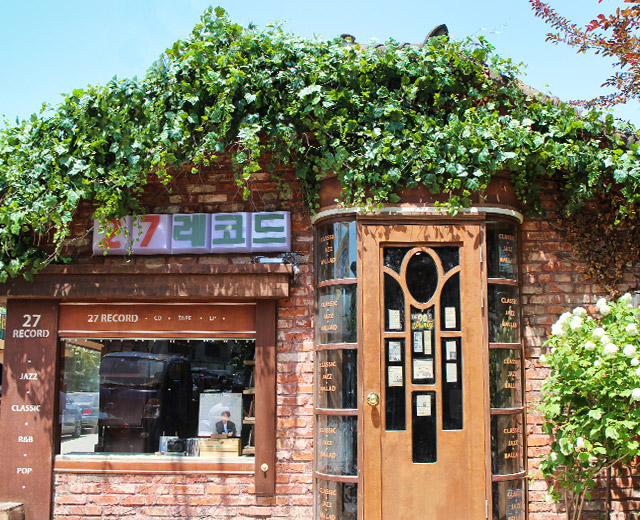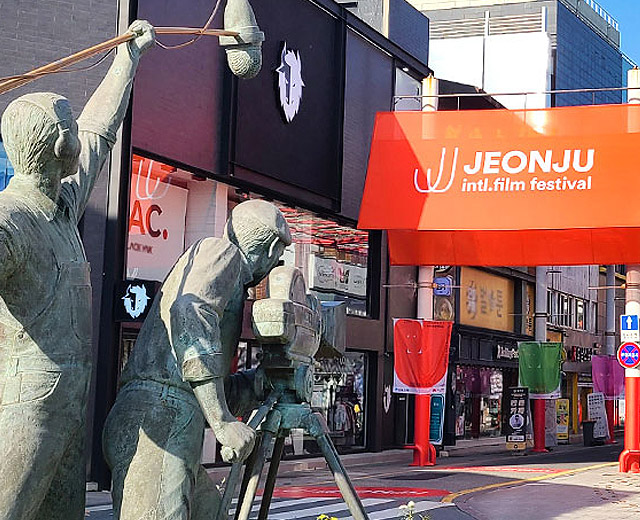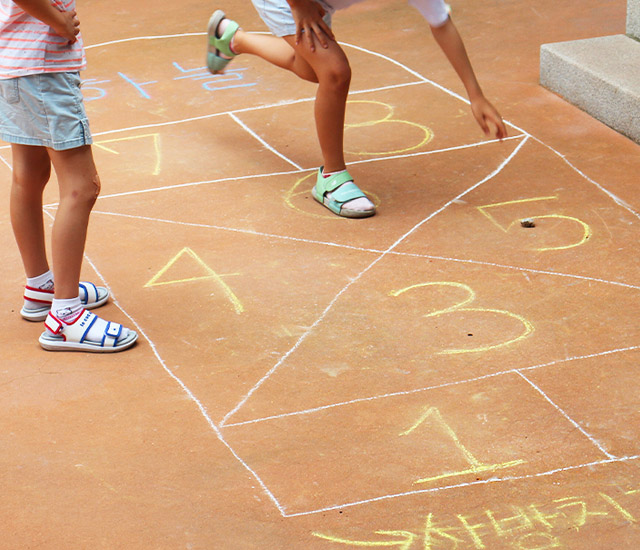Korean dramas and movies!
K-contents
The roots of K-content are in Jeonju

K-drama, K-movie
Jeonju is already well-known as a city of film, but it is also a very popular location for movie and drama shoots. Important scenes have been filmed here for a long time in the media. Jeonju Film Studio Complex is a representative filming location for movies and dramas in Korea, where many global hit works have been shot. In particular, Bong Joon-ho's film "Parasite," which won four Oscars, gained worldwide attention, with about 60% of the movie shot at Jeonju Film Studio Complex. Additionally, "Squid Game" Season 2, which maintained the number one spot on Netflix for 53 days, and "Suriname" have established Jeonju as a center for the video industry. Jeonju Hanok Village is popular for historical drama filming locations such as Gyeonggijeon Shrine, Jeonju Hyanggyo, and Hakindang. Furthermore, various locations like Jeonju Zoo and Seohak Art Village are also famous shooting spots in Jeonju.

Jeonju Intl. Film Festival
The Jeonju Intl. Film Festival (JIFF) began in 2000 and is held annually in early May in the Jeonju Film Street area. As one of Korea’s leading international film festivals, it serves as a cultural celebration where filmmakers and audiences from around the world gather. Through various sections, including the International Competition, JIFF showcases independent and experimental films from across the globe. The festival also operates the Jeonju Cinema Project, which supports the production of low-budget feature films. This initiative has even produced award-winning works at the Berlinale Encounters section of the Berlin International Film Festival. By fostering the creation and exchange of independent films, JIFF plays a crucial role in solidifying Jeonju as a hub of K-Content. Jeonju Film Street is a unique cultural space where film, art, and people’s stories come together, leaving a lasting impression on visitors each year. During the festival, Jeonju hosts a variety of events and activities, providing opportunities for film and art enthusiasts to connect. Beyond film screenings, JIFF offers a diverse cultural experience, bringing people together through the power of cinema.

Traditional Culture Experience
Jeonju is a city where the passage of time feels slow, offering visitors a variety of traditional cultural experiences, especially loved by foreign tourists. As you walk through the quiet alleys, the scent of hanok's tiled roofs and wood creates a sense of peace. The traditional cultural experiences here allow you to experience moments where the past and present come together. At "Our Playground Marudal," you can enjoy traditional Korean games like Ttangtta-meokgi (a game similar to hopscotch), Biseok-chigi (a stone-tossing game), Jegi-chagi (a kicking game with a weighted object), and Gonggi-nori (a game with small stones). Traditional tea houses like "Gyo-dong Dawon" and "Dahwa-won" offer tea ceremony experiences where you can directly feel Korea's deep traditions and emotions, finding peace and tranquility. "Cheong-eul Traditional Culture Center" and "Hanbyeok Cultural Center" provide experiences of traditional etiquette, while the "Jeonju Traditional Culture Training Center" allows you to physically experience Korean etiquette and culture through tea ceremonies and etiquette education. At the "Korean Traditional Culture Center," you can deeply understand Korea's beauty and emotions through various programs like Hanji crafts, pottery making, and traditional food experiences. The "Fan Cultural Center" allows you to explore the origins of Jeonju fans and even participate in hands-on experiences. The "Jeonju Traditional Liquor Museum" carries on the history of traditional liquor and offers a chance to experience traditional liquors recreated in modern times.